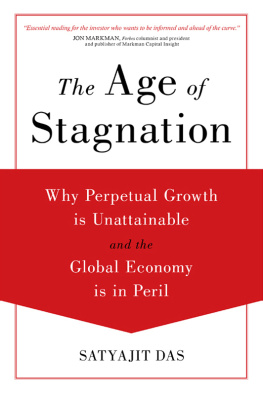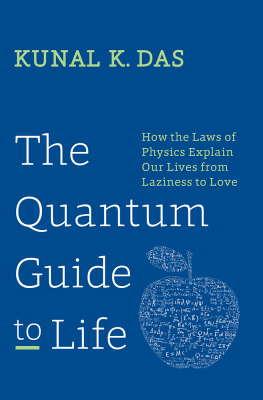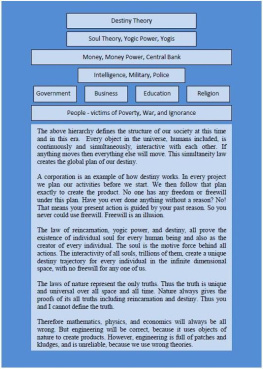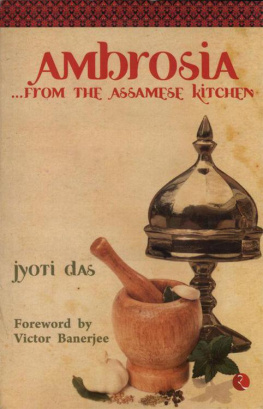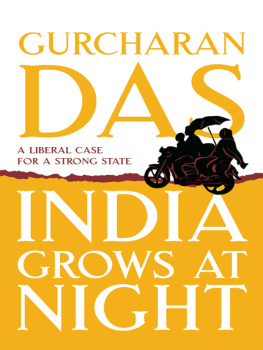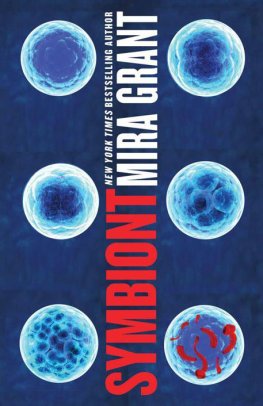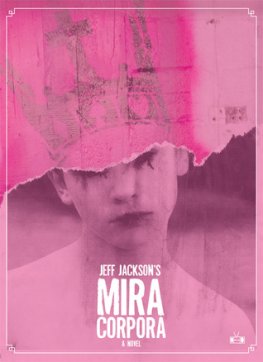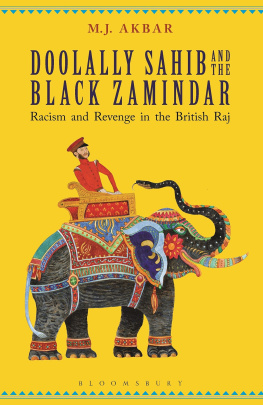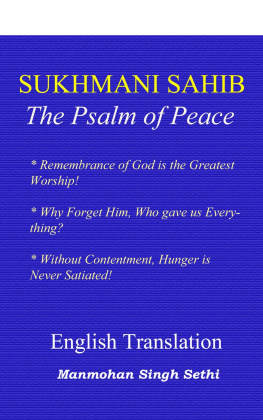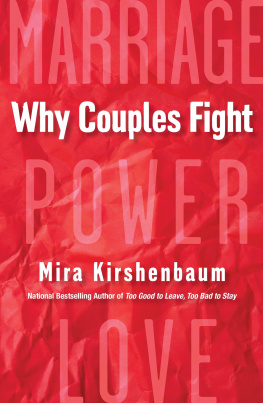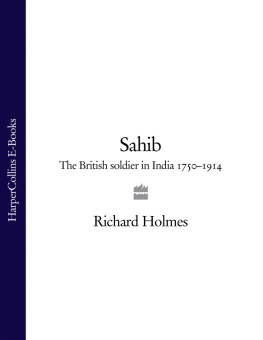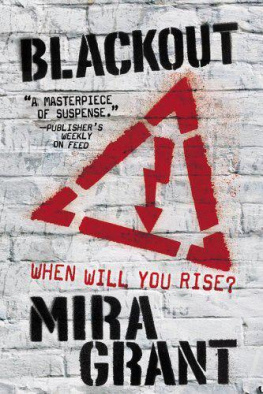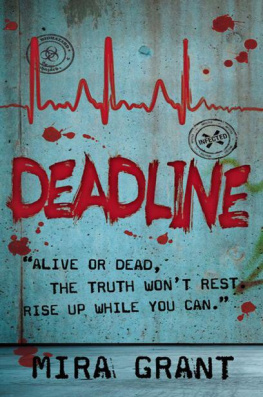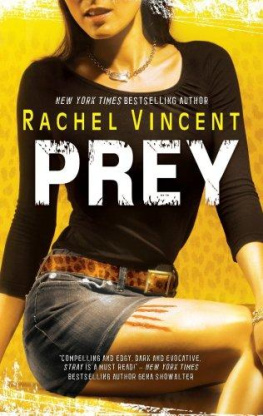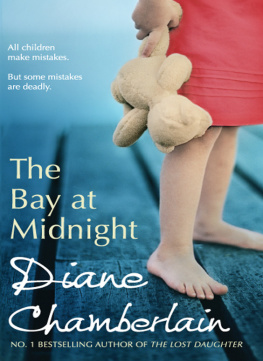Das - Three Plays
Here you can read online Das - Three Plays full text of the book (entire story) in english for free. Download pdf and epub, get meaning, cover and reviews about this ebook. City: New Delhi, year: 2011;2012, publisher: Penguin Books Ltd, genre: Politics. Description of the work, (preface) as well as reviews are available. Best literature library LitArk.com created for fans of good reading and offers a wide selection of genres:
Romance novel
Science fiction
Adventure
Detective
Science
History
Home and family
Prose
Art
Politics
Computer
Non-fiction
Religion
Business
Children
Humor
Choose a favorite category and find really read worthwhile books. Enjoy immersion in the world of imagination, feel the emotions of the characters or learn something new for yourself, make an fascinating discovery.

Three Plays: summary, description and annotation
We offer to read an annotation, description, summary or preface (depends on what the author of the book "Three Plays" wrote himself). If you haven't found the necessary information about the book — write in the comments, we will try to find it.
Three Plays — read online for free the complete book (whole text) full work
Below is the text of the book, divided by pages. System saving the place of the last page read, allows you to conveniently read the book "Three Plays" online for free, without having to search again every time where you left off. Put a bookmark, and you can go to the page where you finished reading at any time.
Font size:
Interval:
Bookmark:

LARINS SAHIB
MIRA
9 JAKHOO HILL

PENGUIN BOOKS
PENGUIN BOOKS
Gurcharan Das is a well-known novelist, playwright and public intellectual. He is a columnist for the Times of India, and other papers. He is the author of The Difficulty of Being Good, India Unbound, A Fine Family and The Elephant Paradigm.
Remarkable in the way it combines Indian legend with the sophistication of Western total theatre Mira has something of the quality of a dream ritual. [She] is a modern woman being broken on the wheels of convention It has all the grace of a lovely voice speaking of eternals in a language just delicately opaque
Clive Barnes, New York Times
One can see why Larins Sahib won the Sultan Padamsee Prize beautifully structured, with simplicity, carving out the development of one mans character. The dialogue is lucid and dramatic like a delicate instrument in a surgeons hand. We feel the ineffable thrill of tragedy
Enact
During the autumn of discontent of a once-wealthy clan [9 Jakhoo Hill] broods over better days on the hold that mothers have over their sons, a family coming down in the world remnants of the Raj, disillusionment with politics. Sixties? The script is here and now
India Today
But by all that is noble and true [Mira] is an artistic achievement of immense merit and supreme significance to the re-blossoming of the theatre in India A rare, beautiful experience, watching and listening to Mira; one came out of the theatre cleaner, more joyous, and several centimetres taller
Times of India
This prize-winning play [Larins Sahib] has solid dramatic substance
Nissim Ezekiel, Times of India
PENGUIN BOOKS
UK | Canada | Ireland | Australia
New Zealand | India | South Africa
Penguin Books is part of the Penguin Random House group of companies whose addresses can be found at global.penguinrandomhouse.com.

This collection published 2001
Copyright Gurcharan Das, 2001, 2011
The moral right of the author has been asserted
ISBN: 978-0-143-41452-0
This digital edition published in 2012.
e-ISBN: 978-8-184-75625-8
This book is sold subject to the condition that it shall not, by way of trade or otherwise, be lent, resold, hired out, or otherwise circulated without the publishers prior consent in any form of binding or cover other than that in which it is published and without a similar condition including this condition being imposed on the subsequent purchaser.
For Meera Barkat Ram
I wrote three plays in my twenties. Each one is set in India at a different time and employs a distinct genre. Larins Sahib, a historical play, is set in the confused period after the death of Ranjit Singh when the British first arrived in the Punjab in the 1840s. Through a human drama of hubris that eventually brings about the heros downfall, this play describes the early relationships of the English with Indians. Mira, first produced as a rock musical in New York, explores what it means to become a saint through the story of Mirabai, the sixteenth-century Rajput princess-poet. 9 Jakhoo Hill, the third play in this volume, is a realistic family drama, set in the sad autumn of 1962 in Simla when the Chinese invaded India. It is about the changing social order with the rise of a new middle class and hence even more relevant to the India of the early twenty-first century.
Writing a play takes a certain amount of wild audacity which I lack today. In my twenties, though, I had the madness of youth when everything was possible. When I sat down to write Larins Sahib at twenty-two, I thought to myself that Shakespeare too must have sat down on one such day to write Hamlet. Now a person who has his wits about him does not compare himself to Shakespeare, even in his dreams, but this is precisely the kind of reckless lunacy you need to get started on an impossible project.
I have since realized that writing a play is much more difficult than any other form of writing. Theatre audiences are critical. One false note and you are done for. Readers of books, I think, are far more sympathetic. To write for the theatre you have to know the theatre. Ideally, you should have been an actor or a director, at least for a while, or hang around the theatre a lot. To publish a book you dont have to know about publishing and printing in the same way. For a person of the theatre, performance is the thing. On the stage it is always here and now. A novel, on the other hand, is about what happened, and the writers reassuring voice is always there, narrating what happened. A play is not on paper. It is there to share with actors, directors, set designers, electricians and music makers.
It is the business of theatre to entertain people. Nothing needs less justification than successful entertainment. People pay hard-earned money to buy a ticket, and they must be given pleasure. Aristotle demanded that even tragedy should first entertain. The problem for a writer is that theatre is so utterly dependent upon stage production and the intervention of the actor. My plays keep getting performed sporadically and I sometimes go and see a production. Invariably, I get the feeling that it is someone elses play. Once written, I suppose it is. It belongs to those performing it or watching it. I stay away from the stage because I am not a theatre person. I am uncomfortable with theatre people and actors, some of whom are on stage all the time.
After these three plays, I wrote a novel, A Fine Family, and I learned a great deal about the difference between the two genres. A novel is generally written in the past tense. It is the past reported in the present. In drama, it is always now. This gives theatre an energy and vitality, which the novelist longs for in his work. A play is what happens. A novel is what one person tells us about what happened. In the end, I think there are probably more similarities than differences between novels and plays because both interpret life. Life as it appears to us in our daily experience is an unintelligible chaos of happenings. As it is occurring, life is senseless. Both novelists and playwrights pick out significant incidents from the chaos of daily happenings and arrange them so that their relation to one another becomes significant. Time is an important ally in this. Henri Bergson once said that the great advantage of time is that it prevents everything from happening at once.
If I had to go back and write these plays all over again, I would have insisted on working with a group of actors as soon as I had the first draft of the play. I would have given lots of room to actors to improvise and I would have trained myself to be receptive to what was working on the stage and what was not. I would have learned to listen and to see what an audience does and a writer does not. I would have learned to be humble and learn from the actors and their improvisational exercises. I realize it is a different kind of work for a writer to write in this manner when he is so used to working alone, but it cannot be helped. The test of a play is how it works on the stage and not how it reads.
Font size:
Interval:
Bookmark:
Similar books «Three Plays»
Look at similar books to Three Plays. We have selected literature similar in name and meaning in the hope of providing readers with more options to find new, interesting, not yet read works.
Discussion, reviews of the book Three Plays and just readers' own opinions. Leave your comments, write what you think about the work, its meaning or the main characters. Specify what exactly you liked and what you didn't like, and why you think so.

